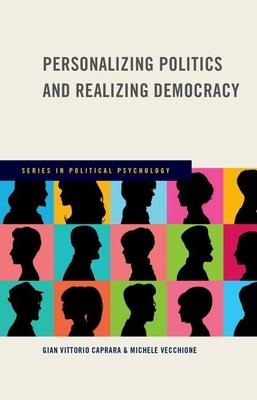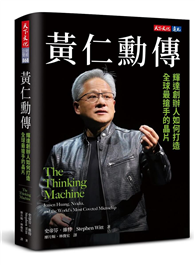Few people today would challenge the legitimacy of democracy as the form of government most congenial to modern-day citizenship, as it requires its members to treat each other as equals and to cooperate in the shared pursuit of conditions that maximize both the individual’s potential and the achievement of a public welfare. However, a number of facts challenge these deeply-rooted ideals: declining political participation, along with skepticism and dissatisfaction with the function of democracy has spread; citizens’ increasing capacity to control their own circumstances within their private, economic, and social spheres is at odds with their inability to exert control over their elected representatives; and the shift of opposing radical coalitions towards more pragmatic and ideologically elusive platforms aimed to attract a larger constituency of the electorate has greatly diluted the identity of political parties.
In Personalizing Politics and Realizing Democracy, authors Gian Vittorio Caprara and Michele Vecchione present the ever-growing reciprocal relationship between personality and politics, and assert that politics are not only increasingly dependent on the likes and dislikes of its citizenship, but ultimately on the personalities of political candidates attracting these voters’ preferences. In this book, Caprara and Vecchione draw from recent research in personality psychology that offer a decisive role in understanding the major changes that have occurred within politics in the last several decades.
| FindBook |
有 1 項符合
Personalizing Politics and Realizing Democracy的圖書 |
 |
Personalizing Politics and Realizing Democracy 作者:Caprara,Gian Vittorio/Vecchione,Michele 出版社:Oxford Univ Pr 出版日期:2017-03-15 語言:英文 規格:精裝 / 16.5 x 24.1 x 2.5 cm / 普通級 |
| 圖書館借閱 |
| 國家圖書館 | 全國圖書書目資訊網 | 國立公共資訊圖書館 | 電子書服務平台 | MetaCat 跨館整合查詢 |
| 臺北市立圖書館 | 新北市立圖書館 | 基隆市公共圖書館 | 桃園市立圖書館 | 新竹縣公共圖書館 |
| 苗栗縣立圖書館 | 臺中市立圖書館 | 彰化縣公共圖書館 | 南投縣文化局 | 雲林縣公共圖書館 |
| 嘉義縣圖書館 | 臺南市立圖書館 | 高雄市立圖書館 | 屏東縣公共圖書館 | 宜蘭縣公共圖書館 |
| 花蓮縣文化局 | 臺東縣文化處 |
|
|
圖書介紹 - 資料來源:博客來 評分:
圖書名稱:Personalizing Politics and Realizing Democracy
|










